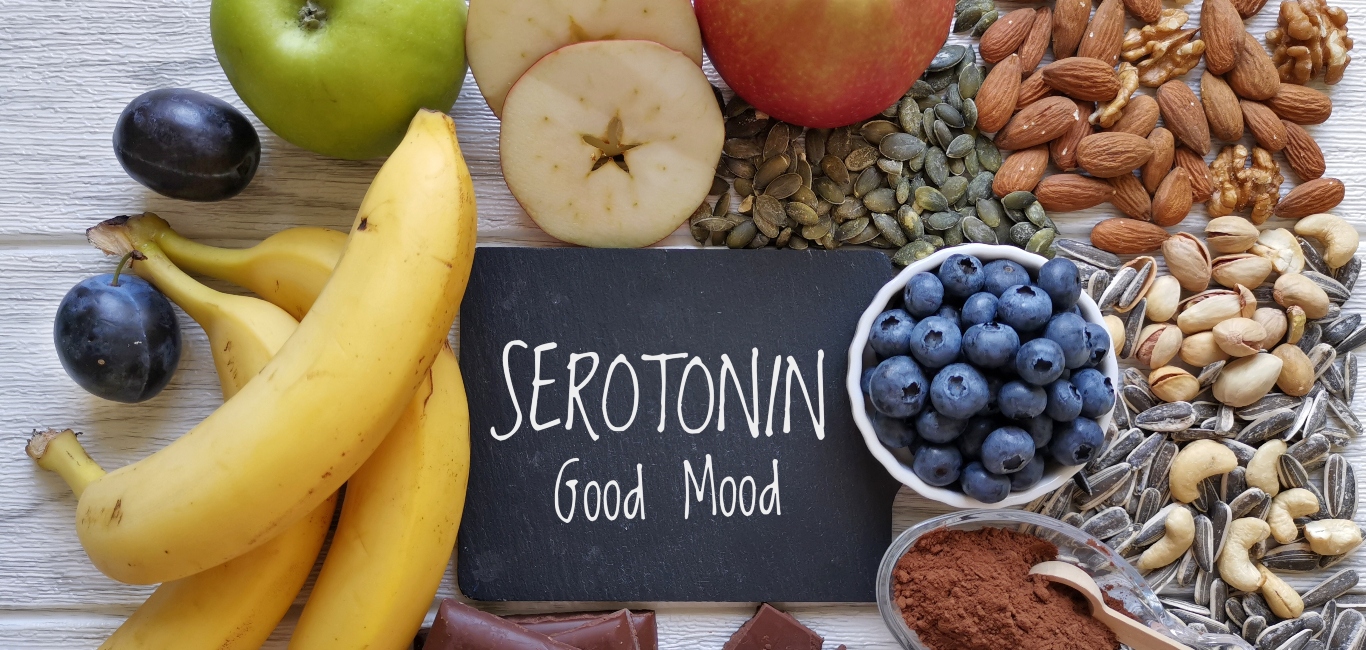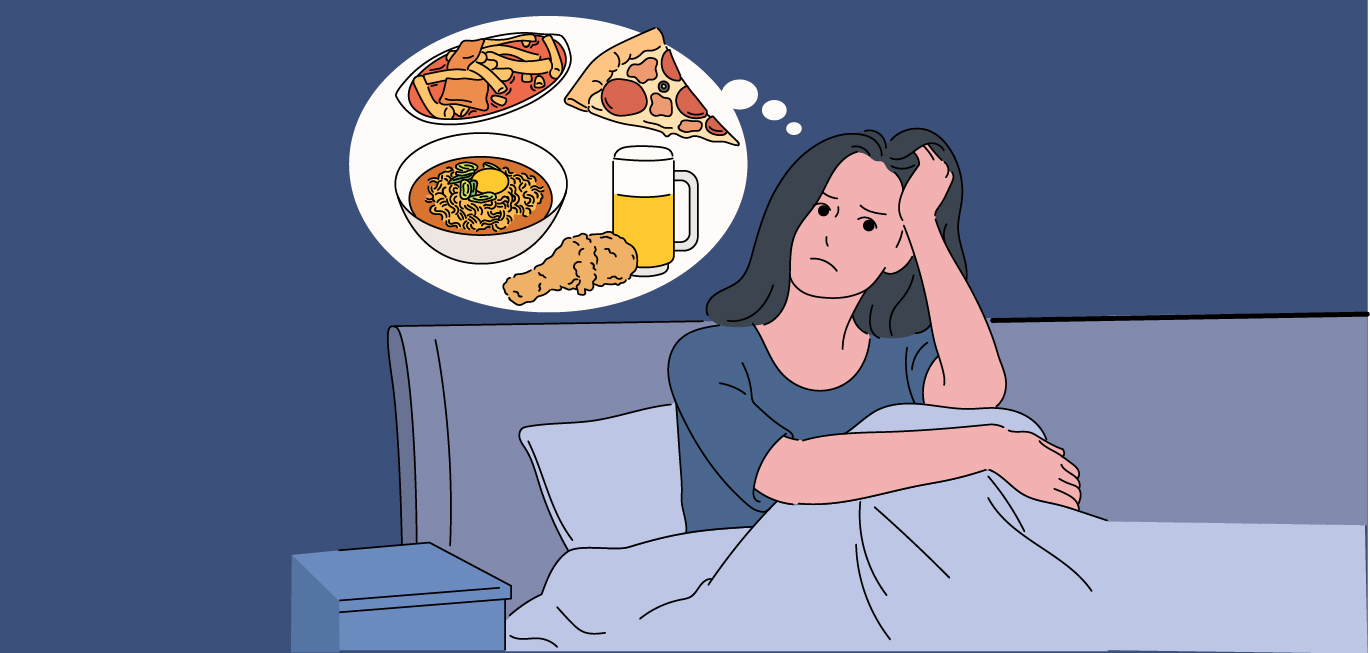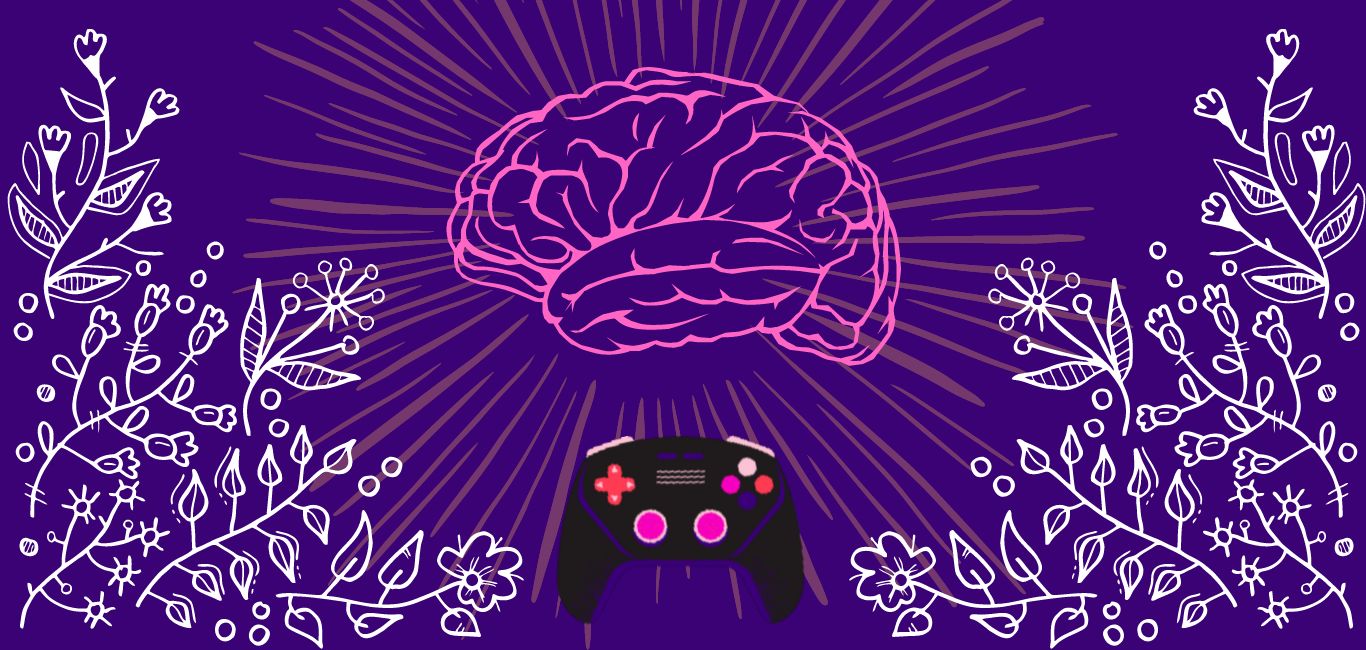
In the emerging world of nutritional psychiatry there is an increasing acknowledgement that dietary interventions are almost as crucial as medications in the management of anxiety and stress. This simply means what we eat can affect how we feel. The right kind of diet can make us less anxious, less stressed and, perhaps, even lift our mood.
Mumbai-based nutritionist, Harshita Khalra says, “Though they might give us a momentary high, food items rich in calories, sugar, and gluten harm our stress levels.” She recommends replacing the intake of processed foods with items made from fresh ingredients.
According to Kolkata-based special educator Shayori Mitra, anxiety affects our eating. Some may crave and eat more than they would normally consume, drawing comfort from food. Some may be put off by food and eat very little.
“From a physiological perspective, when one is experiencing anxiety, the adrenal glands release a hormone called cortisol that induces hunger. A lot of people end up eating high-calorie food and sweets because eating is an indirect way of getting pleasure in times of stress and anxiety,” she says.
However, experts caution against diets that are highly restrictive or cause stress. Focus on nourishing the body – and along with it, take care to nourish the mind, they say.
How are food and feelings are linked?
Serotonin and gut-brain link
Serotonin, also called the ‘happiness hormone’, is a neurotransmitter or a chemical messenger which carries signals from different parts of the body to the brain. A balanced level of serotonin ensures emotional stability, makes one more focussed, and happy. It also regulates sleep, appetite, digestion and stabilises mood, all of which are disturbed by stress and anxiety.
Explaining the connection between serotonin and one’s diet, nutritionist Katrina Cox, who is based in Rhode Island, USA, says, “Over 90 per cent of serotonin is produced in the gut”. The production of serotonin is dependent on good bacteria in the gut which in turn depend upon what we eat.
A depletion of bacteroides, a type of `good’ organisms known to break down fibre and starch and release short-chain fatty acids, impairs brain communication and function. It is, therefore, important to eat right to keep the bacteroides thriving.
Role of microorganisms
The importance of the gut-brain axis in maintaining stable physiological processes has been accepted in medical science. Modern research has added to this by pointing to the microbiota, or the trillions of microorganisms in the human body, as being crucial regulators of the gut-brain axis, thus creating the microbiota-gut-brain axis. This axis is being researched further for its impact on psychiatric and neurodevelopmental conditions – an effort connecting the gut (food) to the brain (mind).
Microbiota communicate with the brain via different routes with the help of short-chain fatty acids, amino acids and the like. However, this communication is not always uniform. Just as each individual’s body is different, so are the gut , and the many microorganisms that live in it.
The composition of the gut in early life can be influenced by factors such as the mode of birth, infections, antibiotic use and genetics, among a host of other environmental stressors. With age, the diversity of gut bacteria reduces. At any stage in life, anxiety and stress can affect the microbiota-gut-brain axis.
Irrespective of age, each individual, thus, needs to eat foods that foster the presence of the good bacteria and release amino and short-chain fatty acids – as they keep the brain healthy and the mental health stable.
What to eat and what not to
For gut health, nutritionist Cox recommends probiotics or food packed with good bacteria. “Fermented foods like yogurt, kefir and kombucha are excellent probiotics and are known to improve gut health, as well as help produce more serotonin,” she says.
She also recommends foods high in tryptophan, which is an essential amino acid that helps to produce serotonin. It is found in peanuts, pumpkins, sesame seeds, tofu, soy, poultry, fish, cheese, and milk.
A 2021 study that seeks to highlight the effect of gut microbiome and inflammation on anxiety , states that there is enough evidence to suggest that diet controls are effective. It recommends avoiding artificial sweeteners and gluten in food while adding omega-3 fatty acids and turmeric, Vitamin D supplements and a ketogenic diet (eliminating glucose).
Calling for the need for further research, the study concludes that people having anxiety must deploy nutrition as their “metabolic tool”.
A controlled trial conducted in 2011 was among the earliest to establish a connection between omega-3 fatty acids and reduction in anxiety. It suggested that omega-3 fatty acids have the potential to work like anxiolytics (drugs used to relieve anxiety). Seafood, cod liver oil, flax seeds, chia seeds and soyabeans are some common food sources for it.
A study in 2014 found a direct correlation between lowered antioxidant state and anxiety. It recommended increasing antioxidant levels as therapy for neuropsychiatric disorders like anxiety and depression. Foods that have antioxidant properties include ginger, turmeric, walnuts, spinach, beetroot, apples, and kidney beans.

















